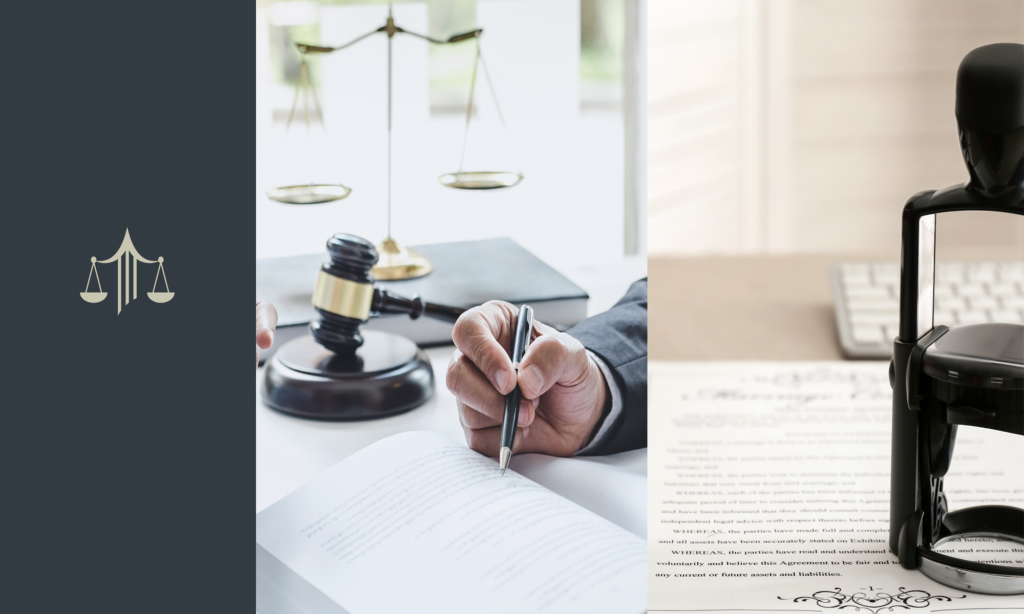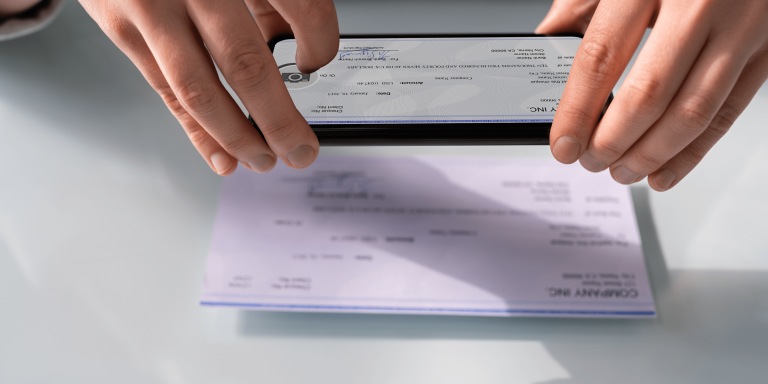Welcome to our blog post where we delve into the intriguing world of court reporters and their vital role in the legal profession. In a world filled with technological advancements, it’s easy to overlook the importance of these skilled professionals who capture every word spoken during court proceedings. From ensuring accurate transcripts to providing crucial support for attorneys, court reporters are truly unsung heroes in the courtroom. Join us as we explore why legal professionals should recognize and appreciate the indispensable need for court reporters in their practice.
The role of court reporters
Court reporters play a crucial role in the legal profession, acting as the silent observers who capture every spoken word during court proceedings. Their primary responsibility is to create accurate and verbatim transcripts of all testimonies, statements, and arguments made in the courtroom. This written record serves as an invaluable resource for judges, attorneys, and other parties involved in the case.
Beyond their transcription duties, court reporters also provide real-time captioning services for individuals with hearing impairments. By using specialized equipment and stenographic machines, they can instantly convert spoken words into readable text that is displayed on screens or provided through assistive devices.
Additionally, court reporters are often called upon to administer oaths to witnesses before they give their testimony. This ensures that witnesses understand the importance of telling the truth under penalty of perjury and helps maintain integrity within legal proceedings.
Moreover, court reporters may also be responsible for conducting research related to specific cases or preparing summaries of depositions taken during pre-trial discovery. These tasks require attention to detail and a strong understanding of legal terminology.
In essence, court reporters are essential players in maintaining accuracy and transparency within our justice system. They serve as guardians of information by ensuring that nothing uttered inside the courtroom goes unnoticed or forgotten. Without them diligently recording each word spoken during trials or depositions, obtaining fair outcomes would be significantly more challenging – if not impossible!
The benefits of having court reporters in the legal profession
The benefits of having court reporters in the legal profession are numerous and essential. One of the primary advantages is the accurate documentation they provide. Court reporters are trained professionals who have mastered the art of capturing every word spoken during a legal proceeding. This meticulous attention to detail ensures that there is an accurate record of all statements made, which can be crucial for both sides involved in a case.
In addition to accuracy, court reporters also play a significant role in maintaining impartiality. Their presence helps ensure that everyone’s words are recorded without bias or favoritism. This aspect is particularly important in high-stakes cases where emotions may run high, as it helps prevent misinterpretation or manipulation of testimonies.
Another benefit of court reporters is their ability to create transcripts quickly and efficiently. These transcripts serve as valuable resources for attorneys, judges, and other legal professionals who need access to accurate records for research or preparation purposes.
Moreover, court reporters contribute to saving time and money within the legal system. With their expertise in capturing every spoken word accurately, there is less reliance on lengthy adjournments or retrials due to unclear or missing information.
Furthermore, court reporting technology has advanced significantly over the years with features like real-time transcription and remote deposition capabilities becoming more prevalent. These advancements allow for greater flexibility and accessibility when it comes to accessing transcripts promptly.
Court reporters bring undeniable value to the legal profession by ensuring accuracy, impartiality, efficiency, cost-effectiveness, and technological advancements within courtroom proceedings.

The challenges faced by court reporters
Court reporting is a crucial and demanding profession that comes with its fair share of challenges. From long hours in the courtroom to working with complex legal terminology, court reporters must be skilled and adaptable.
One challenge faced by court reporters is the pressure to accurately capture every word spoken during a trial or deposition. This requires exceptional listening skills and the ability to type at high speeds without sacrificing accuracy. Court reporters often find themselves in high-pressure situations where missing even a single word could have significant consequences.
Another challenge is dealing with technical difficulties or equipment malfunctions. Court reporters rely on their stenography machines and recording devices to document proceedings, so any interruption can disrupt their work. Troubleshooting issues quickly and efficiently while maintaining focus on the proceedings can be quite challenging.
The nature of court reporting also exposes professionals to emotionally charged testimonies or sensitive topics. They may need to transcribe highly personal stories or distressing events, requiring them to maintain composure and professionalism throughout.
Additionally, court reporters face physical challenges due to extended periods of sitting and repetitive motion injuries associated with typing for long periods.
Despite these challenges, court reporters play an essential role in the legal system by ensuring accurate records are created for future reference. Their dedication helps facilitate justice by providing reliable transcripts that assist attorneys, judges, and other legal professionals in their work.
The future of court reporting
The future of court reporting holds both challenges and opportunities for legal professionals. As technology continues to advance at a rapid pace, the role of court reporters may undergo significant changes.
One potential trend is the increased use of digital recording systems in courts. These systems can capture audio and video footage of proceedings, eliminating the need for traditional stenographers. However, while digital recordings offer convenience and efficiency, they lack some of the unique skills that court reporters bring to the table.
Another emerging development is real-time transcription services. With advancements in speech recognition software and artificial intelligence, it’s possible that court reporters could be replaced by automated systems that can transcribe proceedings instantaneously. While this technology has its merits, there are concerns about accuracy and reliability.
Despite these potential shifts, many legal professionals recognize the value of having skilled court reporters present during hearings and trials. Court reporters are trained not only in capturing accurate transcripts but also in providing real-time assistance with technical issues or clarifications during testimony.
Furthermore, court reporters often serve as impartial recorders of events – an important aspect when it comes to preserving justice and ensuring due process. Their presence helps maintain transparency and accountability within our legal system.

Conclusion
In today’s fast-paced legal world, the need for court reporters cannot be underestimated. These skilled professionals play a vital role in preserving accurate and impartial records of legal proceedings. From capturing every word spoken to transcribing testimony, court reporters ensure that no detail is overlooked.
The benefits of having court reporters in the legal profession are numerous. Their presence ensures fairness and transparency in the courtroom, allowing for a more just judicial system. With their expertise in shorthand and transcription technology, they provide invaluable support to attorneys, judges, and litigants alike.
However, it is important to acknowledge the challenges faced by court reporters as well. The demanding nature of their work requires precision and concentration amidst complex legal terminology and rapid speech. Additionally, advancements in voice recognition software have raised concerns about potential job displacement.
Despite these challenges, the future of court reporting remains promising. As technology continues to evolve, so too does the role of court reporters. While some tasks may become automated over time, there will always be a need for human expertise into captureuances within legal proceedings accurately.
Legal professionals must recognize this need and continue to value the contributions that court reporters bring to their cases. By advocating for their importance within our justice system and supporting ongoing professional development opportunities, we can ensure that this essential profession thrives well into the future.
In conclusion (without using “in conclusion”), recognizing the indispensable role played by court reporters is crucial for maintaining an efficient and transparent justice system. As new technologies emerge alongside evolving demands within the legal field, collaboration between lawyers and court reporters becomes increasingly essential – ultimately leading to better outcomes for all parties involved.











